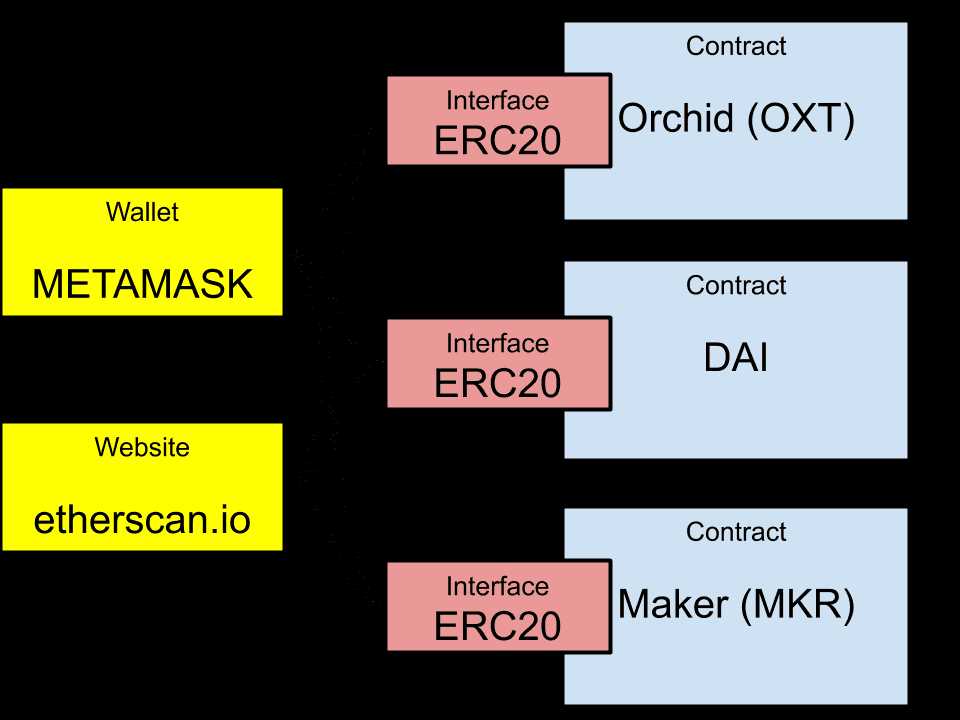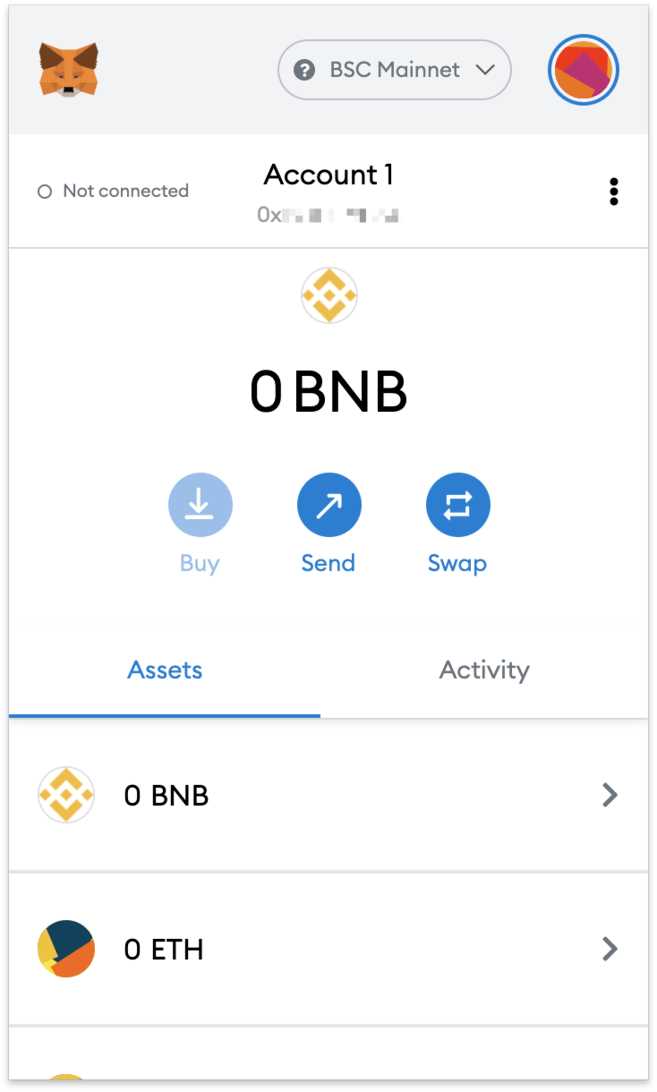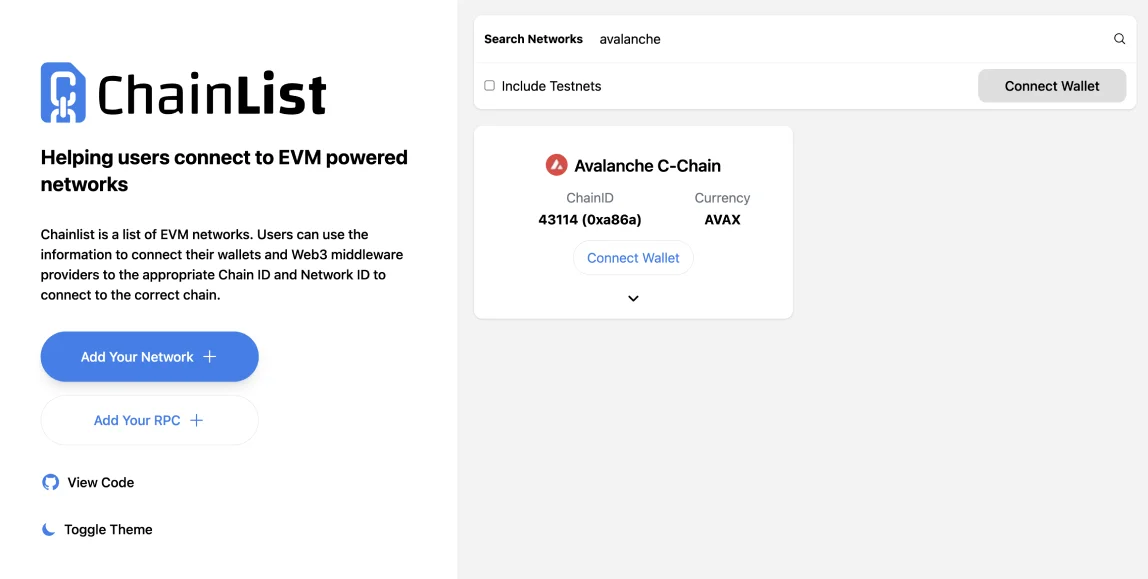
As the world of digital assets continues to grow, it becomes more important than ever to understand the tax implications that come with these innovative forms of currency. Whether you are a seasoned crypto investor or just dipping your toes into the world of digital assets, having a clear understanding of how taxes apply to your transactions is essential.
In this comprehensive guide, we will explore how taxation works in the world of digital assets and provide practical insights on how to navigate the complex landscape. Whether you are buying, selling, or trading digital assets such as Bitcoin or Ethereum, it is crucial to stay informed and compliant with tax regulations.
Metamask, one of the leading digital asset wallets, is a popular choice for many crypto enthusiasts. In this guide, we will specifically focus on the tax implications of using Metamask for your digital asset transactions. We will cover topics such as capital gains tax, reporting requirements, and strategies for minimizing your tax liability.
By the end of this guide, you will have a solid foundation in understanding taxation in the world of digital assets and be equipped with the knowledge to make informed decisions about your tax obligations. Whether you are a long-term hodler or an active trader, this guide will be your go-to resource for navigating the tax landscape and ensuring compliance with the ever-evolving regulations.
Understanding Taxation in the World of Digital Assets
Taxation is a crucial aspect of any financial transaction, and the world of digital assets is no exception. As virtual currencies and blockchain technology continue to gain popularity, it is essential to understand how taxes apply to digital assets.
When it comes to digital assets, the tax implications can vary depending on the jurisdiction, the type of digital asset, and the purpose for which it is used. In general, though, most countries consider digital assets to be taxable.
One of the main challenges in taxing digital assets is their intangible nature. Unlike traditional physical assets, digital assets exist solely in a virtual space and can be easily transferred electronically. This makes it difficult for tax authorities to track and regulate transactions involving digital assets.
Despite these challenges, tax authorities have made significant efforts to impose regulations and guidelines on cryptocurrency transactions. In many countries, digital assets are treated similarly to traditional assets for tax purposes. This means that when you sell, trade, or spend digital assets, you may be subject to capital gains tax or other taxes depending on your jurisdiction.
It’s important to note that tax regulations surrounding digital assets are constantly evolving as governments and tax authorities develop a better understanding of the technology and its implications. Therefore, it’s crucial for digital asset holders to stay informed and comply with their local tax obligations.
If you are uncertain about how to handle your tax obligations regarding digital assets, it is advisable to consult a tax professional who specializes in cryptocurrencies. They can provide you with the necessary guidance and help ensure that you are taking the correct steps to comply with tax laws.
In conclusion, understanding taxation in the world of digital assets is essential to avoid potential legal issues and financial penalties. As the use of digital assets continues to grow, it is crucial for individuals and businesses alike to be aware of their tax obligations and stay up to date with any regulatory changes.
A Metamask Tax Guide
Decentralized finance (DeFi) and cryptocurrencies have gained significant popularity in recent years, with many individuals and businesses venturing into the digital asset space. However, the tax implications of these transactions can often be confusing and overwhelming. In this guide, we will explore how to navigate the complex world of taxation when using the Metamask wallet.
The Importance of Tax Compliance
Tax compliance is a vital aspect of any financial transaction, and digital assets are no exception. While the decentralized nature of cryptocurrencies may give the illusion of anonymity and tax evasion opportunities, it is crucial to understand that tax agencies are actively working to enforce tax regulations in the digital asset space.
By ensuring tax compliance, you not only avoid the risk of legal complications and penalties but also contribute to the growth and mainstream adoption of cryptocurrencies. When individuals and businesses act responsibly and transparently in their tax reporting, it helps legitimize the industry and promote its acceptance on a wider scale.
Understanding Taxable Events

One of the primary challenges in determining tax liability when using Metamask or any other digital wallet is identifying taxable events. A taxable event occurs whenever there is a transfer or disposal of a digital asset, resulting in a change of ownership or value.
Common taxable events in the world of digital assets include:
- Selling cryptocurrencies for fiat currency (e.g., USD, EUR)
- Trading one cryptocurrency for another
- Using cryptocurrencies to purchase goods or services
- Earning cryptocurrencies through staking or mining
To accurately calculate your tax liability, it is essential to keep track of these taxable events and maintain detailed records of each transaction. This information will be crucial when filing your tax returns and ensuring compliance with tax laws.
Consulting a Tax Professional
Given the complexities surrounding taxation in the digital asset space, it is highly recommended to consult with a tax professional who specializes in cryptocurrency taxes. They will have the necessary knowledge and expertise to guide you through the process, ensure accurate tax reporting, and help you optimize your tax liabilities.
Remember, understanding and complying with tax obligations is an integral part of being a responsible participant in the world of digital assets. By staying informed and seeking professional advice when needed, you can navigate the complexities of taxation and contribute to the growth and acceptance of cryptocurrencies.
Why Taxation Matters for Digital Assets
The rapid growth of the digital asset market has brought new opportunities for investors and traders. However, with the rise in popularity and value of digital assets, tax regulations have also become increasingly relevant.
Understanding taxation in the world of digital assets is crucial for several reasons:
1. Compliance with the Law
One of the primary reasons why taxation matters for digital assets is that it ensures compliance with the law. Just like any other investment or financial transaction, digital asset transactions are subject to taxation laws and regulations.
By understanding and complying with these laws, digital asset holders can avoid potential penalties and legal issues that may arise from non-compliance.
2. Clear Tax Obligations

Taxation allows individuals and businesses to have a clear understanding of their tax obligations. Cryptocurrencies and other digital assets can be complex when it comes to taxation, and it is important to know how to calculate and report taxable gains or losses.
Knowing your tax obligations ensures that you can accurately report your income and avoid any misunderstandings with tax authorities.
3. Maximizing Tax Efficiency

Understanding the tax implications of digital assets can also help you optimize your tax efficiency. By keeping track of your digital asset transactions and understanding tax deductions and credits, you can potentially reduce your overall tax liability.
Maximizing tax efficiency can result in significant savings and allow you to keep more of your hard-earned digital asset gains.
4. Staying Ahead of Regulatory Changes

Taxation in the world of digital assets is an evolving field, with governments and tax authorities continuously updating their regulations to keep up with the fast-paced nature of this market.
By staying informed about tax developments and changes, you can proactively adjust your investment strategies and ensure that you are always in compliance with the latest tax regulations.
In conclusion, taxation matters for digital assets because it ensures compliance with the law, helps individuals and businesses understand their tax obligations, allows for tax optimization, and enables staying ahead of regulatory changes. By being aware of the tax implications of digital assets, you can navigate the market effectively and make informed financial decisions.
Tax Obligations for Digital Asset Holders
When it comes to owning and transacting with digital assets, it’s important to understand that there may be tax obligations that come with these activities. While digital assets like cryptocurrencies and tokens offer many benefits, such as decentralized control and instant transactions, governments around the world are also keen on ensuring that they are able to collect taxes on these assets.
Here are some common tax obligations that digital asset holders should be aware of:
- Capital Gains Tax: One of the most common tax obligations for digital asset holders is capital gains tax. This applies when you sell or exchange your digital assets for a profit. The difference between the purchase price and the selling price is considered a capital gain, and you will be required to report and pay taxes on this gain.
- Income Tax: If you receive digital assets as payment for goods or services, the value of these assets may be subject to income tax. Just like receiving cash or traditional assets as income, the value of the digital assets will be added to your taxable income and taxed accordingly.
- Reporting Requirements: Depending on where you live, there may be reporting requirements for digital asset holders. This could involve filing specific forms or reporting your digital asset holdings and transactions to the tax authorities. It’s important to stay up-to-date with the tax laws and regulations in your jurisdiction to ensure compliance.
- Foreign Asset Reporting: If you hold digital assets in offshore exchanges or wallets, you may need to report these holdings to your local tax authorities. Many governments have implemented strict reporting requirements for foreign assets, including digital assets, so it’s crucial to understand and comply with these regulations.
- Gifts and Donations: If you give or donate digital assets, you may still have tax obligations. Depending on the jurisdiction, the value of the gifted or donated digital assets may be subject to gift or inheritance taxes. It’s important to consult with tax professionals or advisors to determine the tax implications of gifting or donating digital assets.
It’s important to note that tax obligations for digital asset holders can vary greatly depending on the jurisdiction. Different countries have different tax laws and regulations, and it’s crucial to understand and comply with the specific rules in your country of residence.
Additionally, the tax treatment of digital assets is still evolving in many jurisdictions. Governments are constantly updating their tax laws to address the unique challenges posed by digital assets. Therefore, it’s essential to stay informed about any changes or updates to the tax regulations affecting digital asset holders.
Ultimately, ensuring compliance with tax obligations is crucial for digital asset holders. Failing to report or pay taxes on digital asset transactions can result in penalties, fines, or other legal consequences. To stay on the right side of the law, it’s recommended to seek professional advice from tax experts who specialize in digital assets.
Reporting Requirements for Digital Asset Transactions

As digital assets continue to gain popularity, it’s important for individuals and businesses to understand the reporting requirements associated with these transactions. In many jurisdictions, digital asset transactions are subject to tax regulations, and failure to comply with these regulations can result in penalties and legal consequences.
One key reporting requirement for digital asset transactions is the submission of a comprehensive transaction report to the tax authorities. This report should include details such as the date of the transaction, the type of asset involved, the quantity or value of the asset, and any associated costs or fees. It’s important to accurately record and report this information to ensure compliance with tax regulations.
Tax Forms for Digital Asset Transactions
In some countries, specific tax forms are required to report digital asset transactions. These forms provide a standardized format for individuals and businesses to report their transactions and calculate their tax liabilities. It’s important to familiarize yourself with the tax forms applicable in your jurisdiction to ensure proper reporting.
Capital Gains and Losses
Another important aspect of reporting digital asset transactions is the treatment of capital gains and losses. Just like with traditional investments, the buying and selling of digital assets can result in capital gains or losses, which may be subject to tax. It’s crucial to accurately calculate and report these gains or losses to ensure compliance with tax regulations.
In some cases, specific rules may apply to determine the holding period of digital assets and the applicable tax rates. For example, individuals may be eligible for reduced tax rates on digital assets held for longer periods of time. It’s essential to stay up to date with the tax regulations in your jurisdiction to properly report capital gains and losses associated with digital asset transactions.
It’s important to note that tax regulations and reporting requirements for digital assets can vary significantly between jurisdictions. Therefore, it’s highly recommended to seek professional advice or consult with a tax specialist to ensure compliance with the specific requirements in your country or region.
Understanding Tax Implications for Different Digital Assets
When it comes to taxation in the world of digital assets, it is important to understand the different tax implications for each type of asset. This can help you navigate the complex landscape of tax regulations and ensure compliance with the law. Here, we will explore the tax implications for various types of digital assets.
Cryptocurrencies

Cryptocurrencies, such as Bitcoin and Ethereum, are subject to tax just like any other investment. Any capital gains or losses made from the sale or exchange of cryptocurrencies are taxable events. This means that if you sell your cryptocurrency for a profit, you will need to report that profit and pay taxes on it. On the other hand, if you sell your cryptocurrency at a loss, you may be able to deduct that loss from your overall taxable income.
NFTs
Non-fungible tokens (NFTs) have gained significant popularity in recent years. However, the tax implications for NFTs are still being clarified by tax authorities. Generally, the purchase and sale of NFTs can be subject to capital gains tax, similar to cryptocurrencies. However, there may be additional tax considerations for creators and artists who earn income from the sale of their NFTs. It is important to consult with a tax professional to fully understand the tax implications for your specific NFT transactions.
Staking and DeFi

Staking and decentralized finance (DeFi) activities can also have tax implications. When you stake your digital assets or earn interest through DeFi platforms, you may be earning taxable income. Some platforms may issue a Form 1099 or similar tax document to report your earnings. It is important to keep track of your staking and DeFi activities and report them accurately on your tax return.
These are just a few examples of the different tax implications for digital assets. It is important to stay informed about the latest tax regulations and consult with a tax professional to ensure compliance with the law. By understanding the tax implications for different digital assets, you can navigate the world of digital assets with confidence.
Frequently Asked Questions:
Can I avoid paying taxes on my digital asset earnings?
No, you cannot avoid paying taxes on your digital asset earnings. In most countries, including the United States, digital assets are considered taxable property, and any gains from buying, selling, or trading them are subject to taxation.
Do I need to report my digital asset transactions to the tax authorities?
Yes, it is necessary to report your digital asset transactions to the tax authorities. Failure to report can lead to penalties and legal consequences. It is important to keep detailed records of all your transactions, including dates, amounts, and counterparties.
What are the tax implications of using decentralized finance (DeFi) platforms?
Using decentralized finance platforms can have tax implications. Each transaction on these platforms, such as lending, borrowing, or yield farming, can be considered a taxable event. It is important to consult with a tax professional to understand your specific tax obligations and potential deductions.
How do I calculate my tax liability for digital asset trades?
Calculating your tax liability for digital asset trades can be complex. It involves determining the cost basis of each asset and calculating the capital gains or losses when you sell or trade them. It is advisable to use specialized tax software or consult with a tax professional to ensure accurate calculations.
Are there any tax breaks or incentives for investing in digital assets?
Some countries provide tax breaks or incentives for investing in digital assets. For example, certain jurisdictions may offer tax exemptions for long-term investments or lower tax rates for capital gains from digital assets. It is important to research and understand the tax laws and regulations in your specific country or region.











+ There are no comments
Add yours